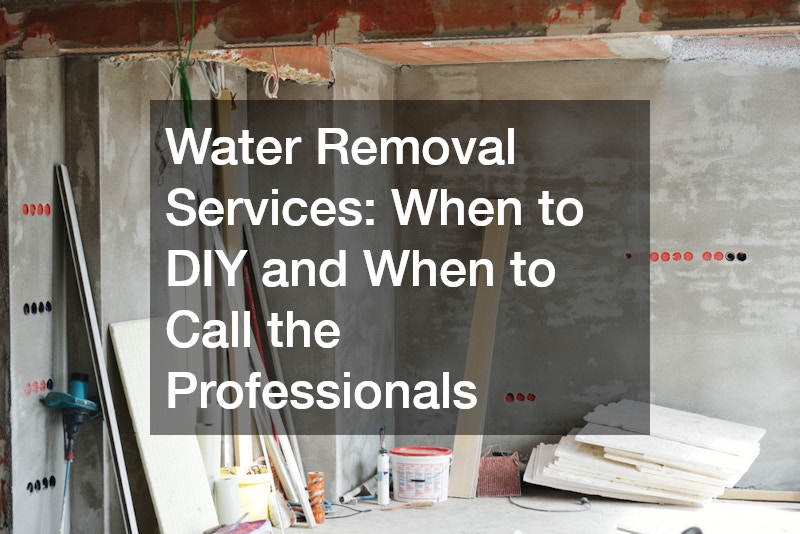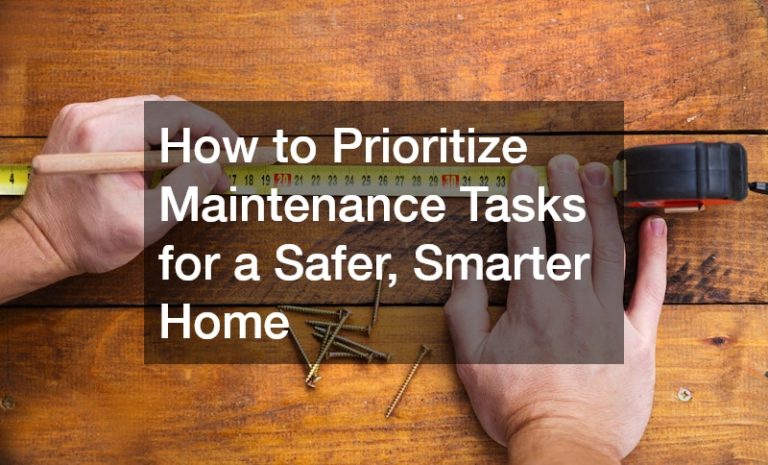

Water damage in your home can be a stressful and costly problem, often arising from situations like flooding, burst pipes, or severe leaks. Effective water removal is crucial to prevent further damage and mold growth, which can pose serious health risks. The big question many homeowners face is whether to tackle water removal themselves or call in professional help.
Understanding the pros and cons of each approach can help you make an informed decision.
When to DIY Water Removal
For minor water incidents, a DIY approach can be both practical and cost-effective. Here are some scenarios where handling water removal yourself makes sense:
Small Leaks and Minor Flooding:
If the water damage is limited to a small area, such as a localized leak under the sink or a minor spill, DIY water removal is feasible. In such cases, using towels, mops, and a wet/dry vacuum can be effective. Prompt action can prevent the situation from escalating.
Clean Water Sources:
When the water involved is classified as “clean water” (Category 1), originating from sources like broken pipes, rain, or supply lines, it’s usually safe to handle. Ensure you dry the area thoroughly and monitor for any signs of mold.
Accessible and Non-porous Surfaces:
If the water has only affected accessible areas and non-porous surfaces like tile or concrete, you can often manage the cleanup with appropriate tools and drying methods. Using fans and dehumidifiers can help expedite the drying process.
DIY Tips:
Safety First: Always turn off electricity in affected areas to avoid electrical hazards.
Proper Tools: Invest in a good wet/dry vacuum and a dehumidifier.
Thorough Drying: Ensure the area is completely dry to prevent mold. Use fans, open windows, and run dehumidifiers until moisture levels return to normal.
When to Call Professional Water Removal Services
For more severe or complex water damage situations, professional intervention is often necessary. Here are key indicators that it’s time to call in the experts:
Extensive Flooding:
When large areas of your home are flooded, such as from a burst pipe or severe storm, professional water removal services are essential. They have the equipment and expertise to handle large volumes of water quickly and efficiently, minimizing damage.
Contaminated Water:
If the water involved is classified as “gray water” (Category 2) or “black water” (Category 3), which can include sewage or floodwater containing harmful contaminants, it’s crucial to hire professionals. Handling contaminated water poses significant health risks, and proper safety measures must be taken to clean and sanitize the area.
Structural Damage:
Water that has seeped into walls, floors, and ceilings can cause structural damage, which requires a thorough and professional approach. Professionals can assess the extent of the damage, perform necessary repairs, and ensure the structural integrity of your home is maintained.
Persistent Moisture and Mold:
If you notice persistent moisture, musty odors, or visible mold growth, it’s essential to seek professional help. Mold remediation specialists can identify and remove mold, ensuring it doesn’t return and that your home environment is safe.
Insurance Claims:
In cases where the water damage is substantial, involving an insurance claim, professional documentation and cleanup are often required. Professional water removal services can provide detailed reports and work directly with your insurance company to ensure all damage is accounted for and covered.
Benefits of Professional Services:
Advanced Equipment: Professionals use industrial-grade equipment for efficient water extraction, drying, and dehumidification.
Expertise: Trained technicians can accurately assess the damage, identify hidden moisture, and implement effective restoration strategies.
Health and Safety: Professionals ensure that the affected area is properly sanitized, reducing health risks associated with mold and bacteria.
Comprehensive Restoration: Beyond water removal, professionals handle repairs and restoration, bringing your home back to its pre-damage condition.
Conclusion
Deciding between DIY water removal and calling professionals hinges on the severity and nature of the water damage. While minor, clean water incidents can often be managed with a DIY approach, more extensive, contaminated, or structurally damaging situations require professional expertise. Prioritizing safety and thoroughness in water removal not only protects your home but also ensures the health and well-being of its occupants. By understanding when to take on the task yourself and when to seek professional help, you can effectively navigate water damage challenges and safeguard your home.
.


